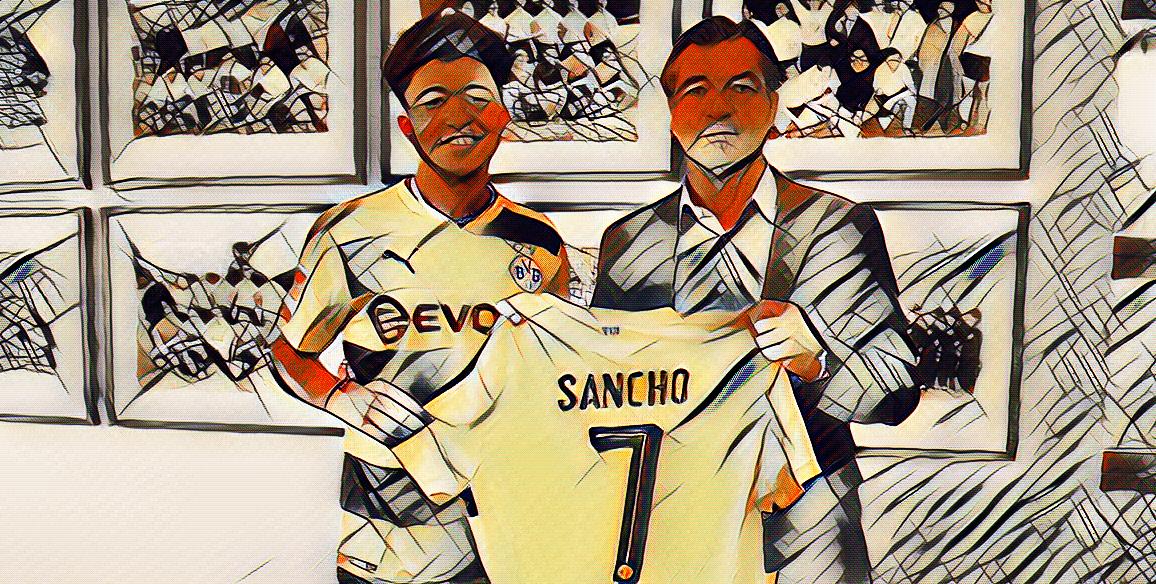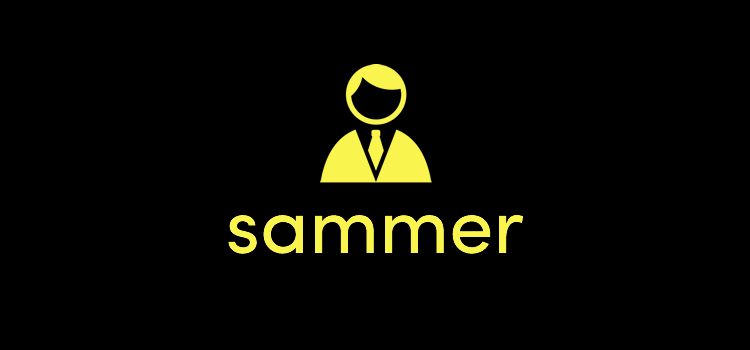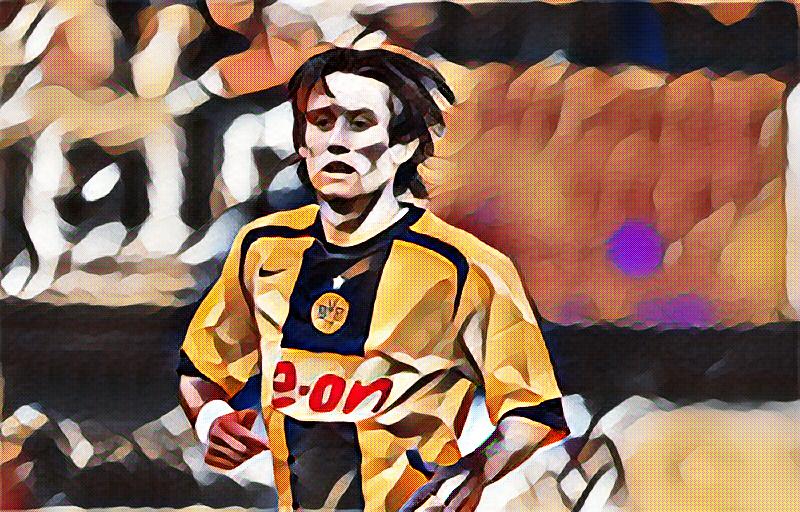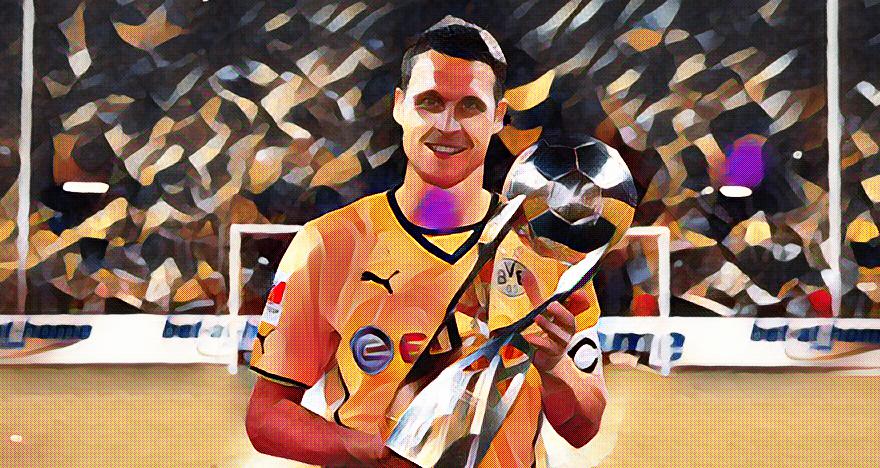Greatest Signings: Andreas Moller
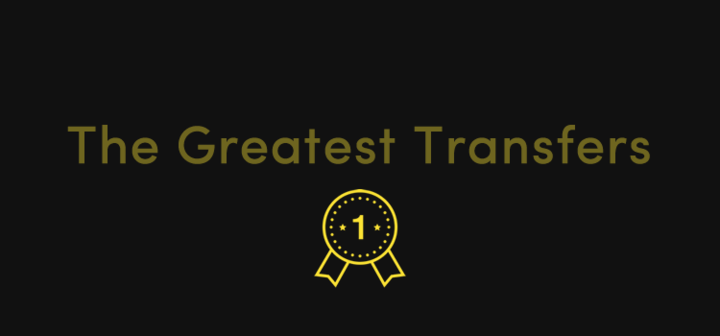
In 2013, Mario Gotze left BVB for Bayern Munich telling everyone that Bayern were his boyhood club and he was fulfilling a dream by signing for them. This obviously fired up Dortmund fans no end and Gotze felt the wrath of the people who used to cheer for him. Players come and go. You accept them always because they are wearing your club’s colours. Some you are more happy to see leave than others for different reasons, but it hurts more when the player is exceptionally talented. It’s very rare a player who has been in this situation, like Mario Gotze, will return. It’s extremely rare that a player will leave again but go to your club’s rivals. But Andreas Moller did just that.
Moller was born in Frankfurt in 1967 and spent the early years of his career with his boyhood club, Eintracht Frankfurt. Coming through the ranks with youth coach turned first team manager Karl-Heinz Feldkamp, Moller made an immediate impact. He made 35 appearances and scored 5 goals in his two seasons at the club as Feldkamp was building a team that would eventually win the DFB Pokal in 1988. But Moller would leave the club before then in controversial circumstances. Despite telling everyone at the club – manager, board, players and fans – that he had no intention of leaving and was thankful for the role Eintracht had played in his development, he actually had other ideas. His agent, Klaus Gerster, had struck a deal with Borussia Dortmund to buy the West German prodigy for €1.2 million. The deal was sweetened as Gerster would become Youth Co-ordinator and, eventually, Director of Football at the club.
The signing of Moller was a signal of intent from Dortmund. After surviving relegation via the play-off in 1986, the club were keen not to be in that predicament again. Moller was the key piece of the jigsaw that was a successful Borussia Dortmund. Back in Frankfurt, however, Moller continued to antagonise his former fans when he branded Karl-Heinz Feldkamp a charlatan and said that he was very happy he wasn’t in Frankfurt anymore. His new fans quickly began to love him though. In his first full season in Westphalia, Moller scored 11 goals and 29 appearances. He also played in the DFB Pokal final which Dortmund won 4-1 against Werder Bremen. Dortmund had another good season in 1989/90, finishing 4th in the Bundesliga. Moller would be picked in the West German national squad that would go on to win the World Cup in Italy, although he only played a group stage game against Yugoslavia and the quarter-final against Czechoslovakia.
Moller was at the height of his popularity in Dortmund at this time. Rumours of his departure had begun circulating during the winter of 1989. But Moller pledged his allegiance to the club in front of the ‘Yellow Wall’ and Dortmund would finish the season in 4th place, sealing UEFA Cup qualification for the 1990/91 season. All seemed to be going well for the young 23-year-old German. But things would soon go south. In February 1990 Eintracht Frankfurt chairman Matthias Ohms announced the return of Moller to the club at the end of the season and appointed Klaus Gerster as manager, in order to help the move go smoothly. He would spend the rest of the season feeling the ire of everyone in yellow and black.
Upon his return to Frankfurt, and now with his agent as his manager, Moller would still seek a move. When Gerster was fired in 1991, rumours were rife that Moller would follow him out the door. But the club forced Moller to stay for one more season and he played a vital role as the club narrowly missed out on the Bundesliga title on the final day of the 1991/92 season. After 28 goals in 69 appearances in his second spell with Eintracht, Moller finally had his big move when he joined the German exodus to Serie A with Juventus. Moller would spend 2 seasons in Turin, beating BVB in the UEFA Cup final at the end of the 1992/93 season. But the following campaign would be barren for Juve and the German migrants would soon begin their return from exile. Moller would rejoin Dortmund, breaking the club’s transfer record again, for €4.5 million.
Stefan Reuter and Matthias Sammer were already in Dortmund as the Westfalenstadion became the Ellis Island for German players in Italy. The fans’ opinion of Moller was divided. He was a player with exceptional talent but many couldn’t forget the lie he had told when he committed himself to the club in front of the most hardcore fans in the Sudtribune. Moller was respected for his playing ability but he would not be loved the way he was before. This didn’t deter him from getting on with his football though and, on the final day of the 1994/95 season, Dortmund were top of the league and only needed to better Werder Bremen’s result when they played Karlsruhe at home. Gunther Metz put the away side ahead but, in the 75th minute, Moller changed the game when he dived into the area to win a penalty that was converted by Michael Zorc. Matthias Sammer would score the winner 10 minutes later and Dortmund would win their first league title in 32 years, but talk of Moller’s dive wouldn’t go away. He was widely criticised in Germany in the aftermath and was christened the “Schwalbenkonig” – King of the Dives. He didn’t make any efforts to endear himself to the German public when he said “I would have told the ref it wasn’t a foul, if it was any other manager,” referring to an ongoing spat he had with Karlsruhe coach Winfried Schafer.
Borussia Dortmund would retain the Bundesliga in the 1995/96 season, with Moller scoring 8 goals in 23 appearances along the way. At the end of that season, Moller would be in another major tournament with Germany. At Euro ’96 in England, Andreas Moller would miss the final but scored the winning penalty in the semi-final against the hosts. But he would again display his antagonistic nature when he mocked Paul Gascoigne’s celebration after the Englishman scored his penalty, after scoring the winning penalty in the shootout.
Moller would stay in Dortmund for another 4 seasons and was part of the team that won the Champions League in 1996/97. At the age of 33, no one would have begrudged Moller a move and many would probably have been happy to see him go. But his chosen destination was a final controversy in a career marred by incidents. Andreas Moller would start the 2000/01 season with Dortmund’s rivals, Schalke. He would win the DFB Pokal consecutively in his first 2 seasons in Gelsenkirchen and eventually moved back to Frankfurt for a third spell in 2003 before retiring at the end of that season.
To say Andreas Moller divided opinion would be an understatement. On one hand, you had this extremely gifted player with all the talent in the world. He won multiple trophies for club and country – the World Cup, the Bundesliga, the Champions League. On the other hand, though, he could only be described as a prick. Diving in a game to gain the upper hand on a manager he was having a feud with, slagging off a manager who was integral to his development, manoeuvring a move away from his ‘boyhood’ club not long after joining, leaving for his club’s bitter rivals. It seemed that Andreas Moller did everything he could to alienate people at every turn.

